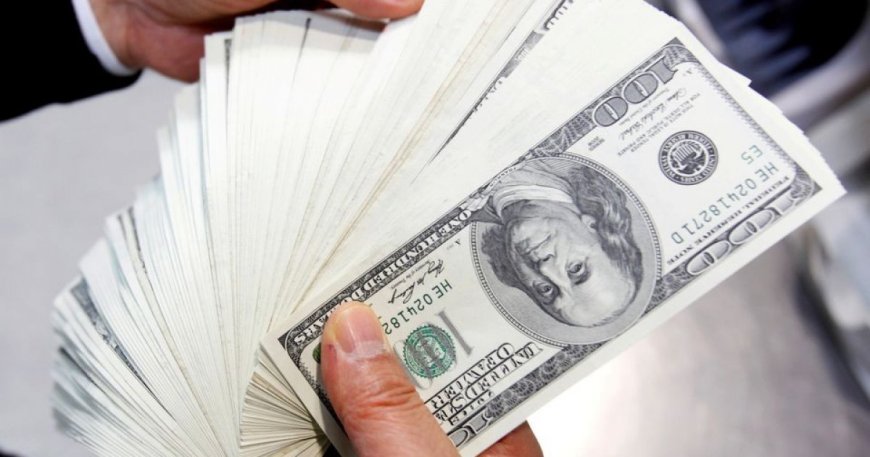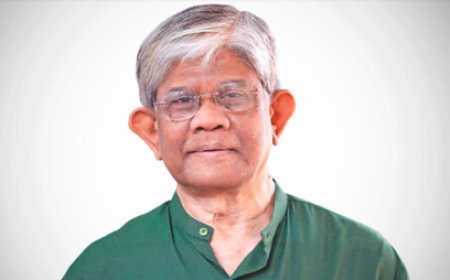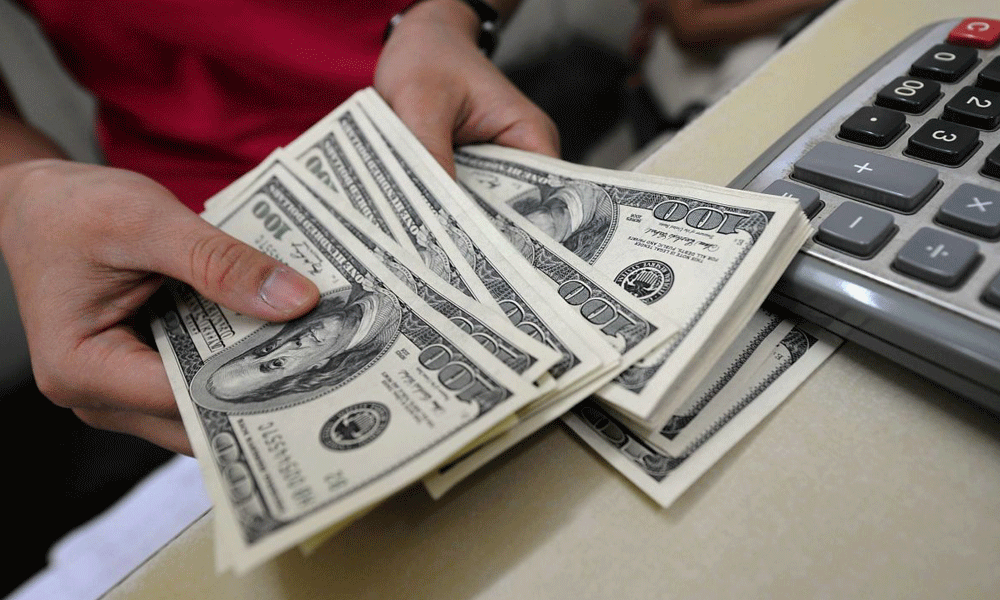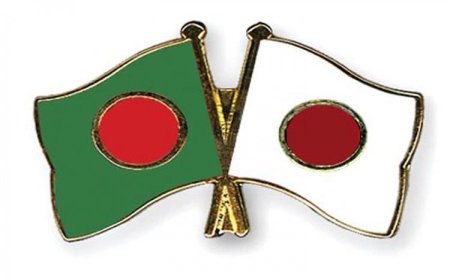Bangladesh Repays $1.5B Foreign Debt Without Using Reserves
Bangladesh Repays $1.5B Foreign Debt Without Using Reserves

Despite a cash crunch in Bangladesh's banks, the country is no longer facing a dollar shortage. By curbing money laundering and reducing corruption, the supply of dollars in the interbank market has significantly increased.
This improvement allowed Bangladesh Bank to repay $1.5 billion in foreign debt over the past two months using dollars from the interbank market, rather than tapping into its reserves.
Governor Dr. Ahsan H Mansur explained that while banks previously struggled with a dollar shortage, many now have a surplus of dollars despite cash remaining scarce. Remittances and export earnings are channeled through banks, which then sell dollars to Bangladesh Bank or open Letters of Credit (LCs) as needed. The central bank buys these dollars and adds them to its reserves but has not had to sell any from its reserves recently.
Dr. Mansur cited a recent example where Islamic Bank, flush with dollars from remittances but lacking cash, settled debts with the help of Sonali and Rupali banks, exchanging cash for dollars, a process that previously would have relied on reserves.
He also noted that a prior dollar shortage under the previous governor led to an accumulation of $2.25 billion in foreign debts to companies like Adani and Chevron. Much of this debt has now been repaid through the interbank market, with only $400 million remaining, expected to be cleared soon.
The governor attributed the improved dollar supply to reduced money laundering and corruption and noted that higher interest rates on the local currency have made holding dollars less attractive. Inflation is easing, and import uncertainties for essential goods like oil and fertilizer are diminishing.
With plans to clear all outstanding foreign debts by December, Dr. Mansur is optimistic about a more positive economic trajectory. He urged patience, saying this is not the time to focus on growth and investment.
Bangladesh, heavily reliant on petroleum imports, spent around $9 billion last fiscal year on oil, gas, and coal. The government's efforts have reduced unpaid dollar debt from $2.5 billion to $400 million, with substantial payments made to companies like Adani and Chevron.
Dr. Mansur emphasized that once these debts are cleared, liquidity will improve, easing financial strain on the economy. Additionally, the government is preparing to secure $10 billion in loans from international agencies, which, combined with potential funds from the IMF and World Bank, could further boost economic activities.
What's Your Reaction?





















































































